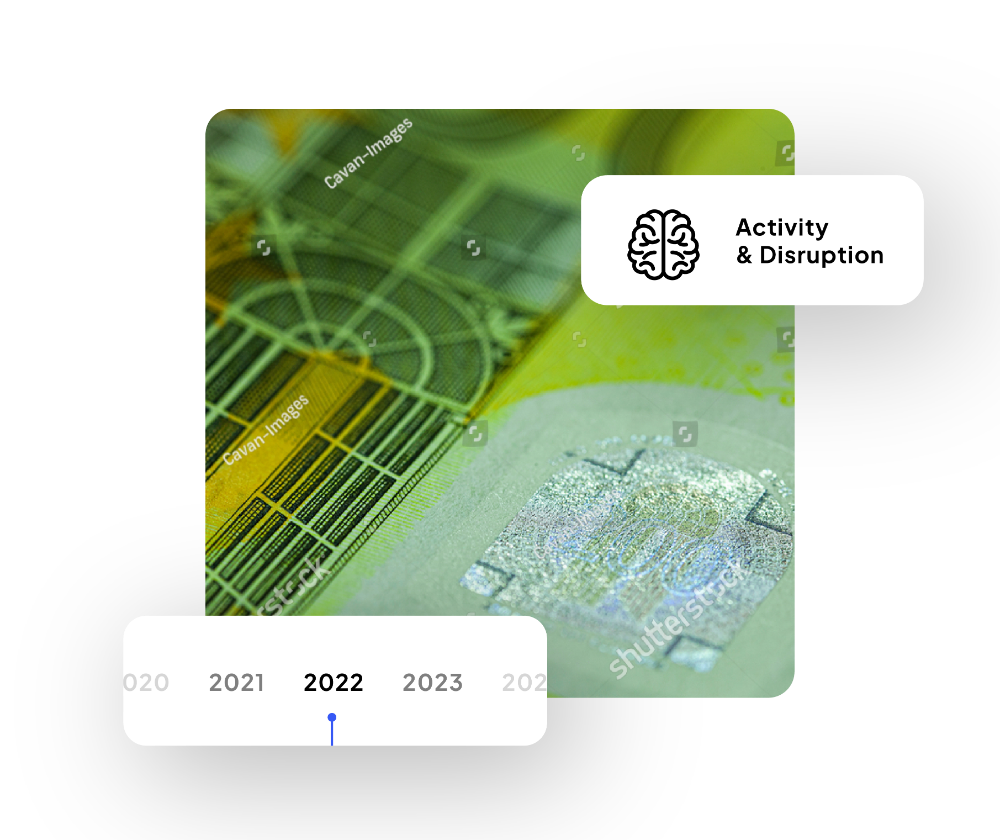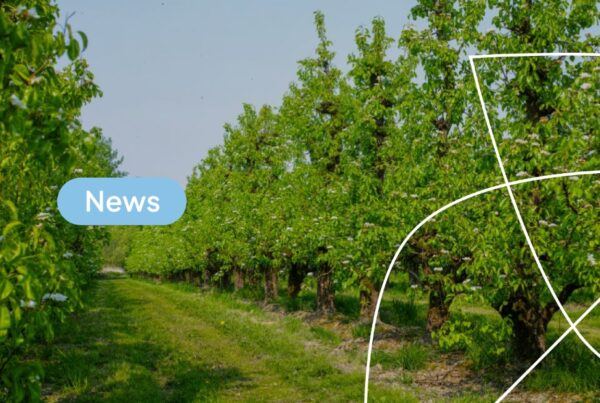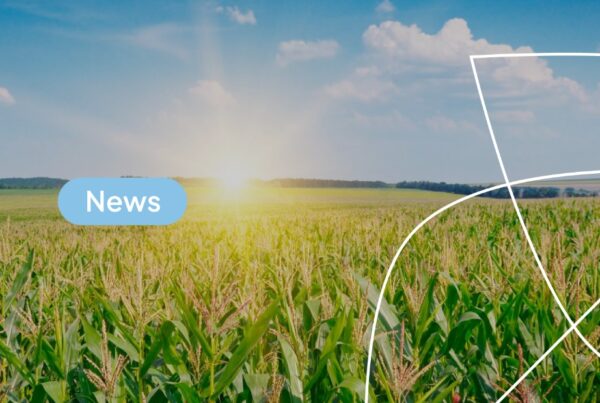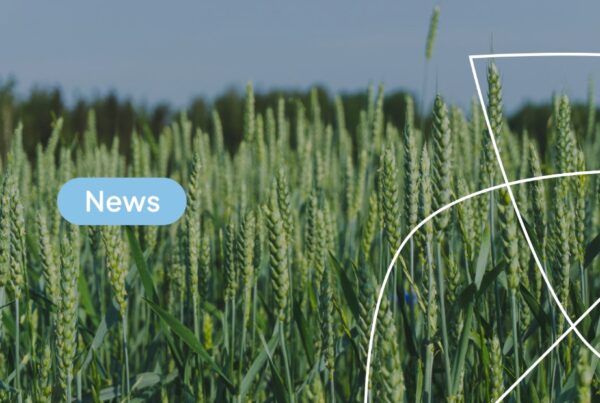Pesticides and biopesticides, like all high-value products,
are targeted by criminals producing counterfeits.
The contents of counterfeit or illegal pesticides and biopesticides are not known. These products have not been evaluated under the EU rules governing plant protection products.

14
Estimated Share in the European Market
The use of counterfeit and illegal pesticides can pose very real risks to farmers, consumers, the environment and the health of crops.
Did you know?
Pesticides and biopesticides are one of the most regulated products in Europe and can only be traded and used in the EU if they are considered safe when used according to instruction. Counterfeit pesticides and biopesticides are untested and unauthorised.

Did you know?
The sale and placing on the market (via import) of illegal pesticides is a criminal act and includes infringements of intellectual property rights such as trademarks, patents and copyrights.

Did you know?
Counterfeit products are part of a wide variety of illegal products. Counterfeit means that a product is deliberately and fraudulently copied with respect to identity, source and/or composition. Additionally, violation of tax law can render a product illegal.
Frequently asked questions
What are counterfeit and illegal pesticides & biopesticides?
Counterfeit pesticides & biopesticides are fake products often produced and packaged to look like the genuine article. The widespread availability of technology needed to produce counterfeit and illegal pesticides, coupled with the lack of enforcement of existing laws and legislative loopholes all contribute to facilitate the trade of counterfeit products.
Counterfeit plant protection products:
- Might contain chemicals that are either banned or restricted in the EU due to the potential risks they may pose to human health and/or the environment.
- Are not authorised for sale by competent pesticide authorities.
- Can lead to a total loss of treated crops, compromising farmer livelihood.
- Contain untested products and undeclared active substances that may result in unacceptable residue levels, making the products unmarketable.
Falsely declared products regularly ignore the international labelling requirements designed to ensure safety during transport. Thus, highly toxic, flammable or otherwise hazardous substances are transported without regard for the safety of people or the environment.
Counterfeit and illegal pesticides & biopesticides damage the reputation of legitimate stakeholders and challenge sustainable agriculture. Additionally, the production, trade and use of counterfeit and illegal plant protection products circumvents EU regulations and deprives Member States of revenue and tax.
The content of counterfeit and illegal pesticides are unknown and have not been evaluated under EU regulatory processes for pesticides. The use of counterfeit and illegal pesticides & biopesticides can pose very real risks to farmers, the environment and the health of crops.
How are counterfeit and illegal products marketed?
Counterfeit and illegal products are marketed to not draw attention:
- With sophisticated falsified proprietary brand labels and packaging materials.
- With label in non-local language
- With inappropriate packaging material with no or rudimentary labelling
- With no invoice, sold by non-authorised dealers
What is the current level of trade of illegal & counterfeit pesticides?
The global trade in counterfeit and illegal pesticides is growing, presenting increased risk to human health, the environment and the economy.
Pesticides have become a lucrative business for criminals: a 2015 European Commission report states that on average illegal pesticides represent approximately 10% of the EU28 pesticide market – but this might be a considerable underestimation of the extent of the problem.
If illegal pesticide producers were a single company they would be the 4th largest company in value in the world.


